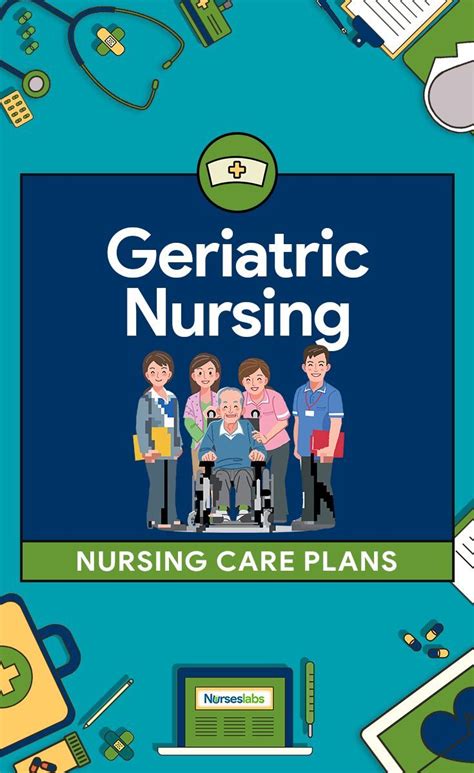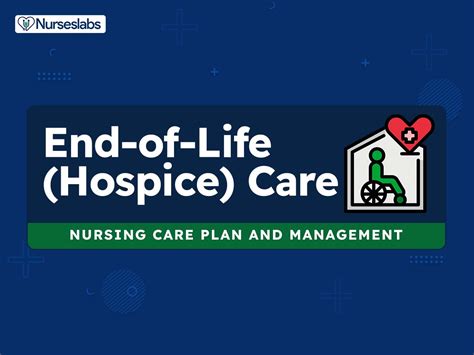Depression is a significant but often overlooked health issue among the elderly, impacting their overall well-being and quality of life. As individuals age, they may experience various physical, emotional, and social changes that can increase the risk of depression. Recognizing the symptoms and understanding the causes of this condition are crucial for timely intervention and effective management. This article aims to shed light on the key aspects of depression in the elderly, including common symptoms, underlying risk factors, and available treatment options. By exploring preventative measures and identifying supportive resources, we can better support the mental health and well-being of our aging population.
Let’s explore this topic in detail with ujocis.net
1. Recognizing the Symptoms of Depression in the Elderly
Depression in the elderly can manifest differently than in younger individuals, often making it challenging to recognize. Common symptoms may include persistent sadness, feelings of hopelessness, and a lack of interest in activities once enjoyed. However, in older adults, these emotional symptoms are frequently accompanied by physical signs such as unexplained aches and pains, changes in appetite or sleep patterns, and fatigue.
Cognitive symptoms are also prevalent, with depression sometimes mistaken for dementia due to memory problems, confusion, or difficulty concentrating. Social withdrawal is another key indicator, as those affected may avoid social interactions, leading to increased isolation and loneliness, which can exacerbate depressive feelings.
It’s essential to understand that depression is not a normal part of aging, though it is often dismissed as such. Recognizing these symptoms early is vital, as untreated depression can lead to a decline in overall health, increased risk of chronic diseases, and a higher likelihood of mortality. Loved ones, caregivers, and healthcare professionals should be vigilant in observing these signs and seeking appropriate help. Addressing depression in its early stages can significantly improve the quality of life for elderly individuals, allowing them to enjoy their later years with greater mental and emotional well-being.

2. Causes and Risk Factors
Depression in the elderly can be triggered by a variety of causes and risk factors, many of which are linked to the natural aging process. Physical health problems, such as chronic pain, disabilities, or illnesses like heart disease and diabetes, can contribute significantly to the onset of depression. The loss of independence due to these conditions often leads to feelings of helplessness and decreased self-worth.
Social isolation is another critical factor. As people age, they may experience the loss of close friends and family members, leading to loneliness and a diminished social support network. This isolation can be compounded by retirement, which might bring a loss of purpose and daily structure.
Additionally, major life changes such as moving into a care facility or losing a spouse can serve as significant emotional stressors. These events, combined with a lack of coping mechanisms, can increase vulnerability to depression.
Mental health history also plays a role, with those who have had previous episodes of depression or anxiety being more susceptible. Furthermore, certain medications commonly prescribed to older adults may have side effects that exacerbate depressive symptoms.
Understanding these causes and risk factors is crucial for early identification and intervention, helping to reduce the impact of depression on the elderly and improve their overall well-being.

3. Effective Treatment Options
Treating depression in the elderly requires a comprehensive approach that addresses both the emotional and physical aspects of the condition. One of the most effective treatments is psychotherapy, particularly cognitive-behavioral therapy (CBT), which helps individuals identify and change negative thought patterns. Therapy can be tailored to the unique needs of older adults, focusing on coping strategies for life transitions and loss.
Medication is another key component, with antidepressants commonly prescribed to alleviate symptoms. Selective serotonin reuptake inhibitors (SSRIs) are often preferred for their relatively mild side effects, making them suitable for older adults who may be sensitive to medications.
In addition to these conventional treatments, lifestyle changes can also play a significant role in managing depression. Regular physical activity, a balanced diet, and engaging in social activities can help improve mood and overall well-being.
For more severe cases, especially where there is a risk of suicide, electroconvulsive therapy (ECT) may be considered. This treatment is generally safe for older adults and can be highly effective when other treatments have not worked.
Ultimately, a personalized treatment plan that combines these options, along with ongoing support from healthcare providers and loved ones, can greatly enhance the quality of life for elderly individuals dealing with depression.

4. Preventative Measures
Preventing depression in the elderly involves proactive steps to maintain mental and emotional well-being. One of the most effective measures is staying socially connected. Regular interaction with family, friends, and community groups can reduce feelings of loneliness and isolation, which are significant risk factors for depression. Encouraging elderly individuals to participate in social activities, volunteer work, or hobbies can provide a sense of purpose and belonging.
Physical health also plays a crucial role in prevention. Regular exercise has been shown to boost mood and energy levels, while a balanced diet supports overall health. Routine medical check-ups are essential for managing chronic conditions and monitoring medications that might contribute to depressive symptoms.
Mental stimulation is equally important. Activities like reading, puzzles, or learning new skills can keep the mind active and engaged, reducing the risk of cognitive decline and associated depression.
Additionally, creating a stable and supportive environment is key. This includes ensuring a safe, comfortable living space and providing emotional support through open communication and understanding.
By focusing on these preventative measures, we can help elderly individuals maintain a higher quality of life, reducing the likelihood of depression and promoting long-term mental and emotional health.
5. Support Systems and Resources
Support systems and resources are vital in managing and overcoming depression in the elderly. Family members and caregivers play a crucial role in providing emotional support and recognizing early signs of depression. Open communication, regular check-ins, and encouraging participation in social activities can help create a nurturing environment.
Community resources, such as senior centers and support groups, offer valuable opportunities for social interaction and shared experiences. These settings allow elderly individuals to connect with peers who may be facing similar challenges, reducing feelings of isolation.
Healthcare providers are also an essential part of the support system. Regular consultations with doctors, therapists, and mental health professionals ensure that depression is monitored and treated effectively. Many communities offer specialized services for the elderly, including counseling and home care assistance, which can be accessed through local health departments or nonprofit organizations.
Online resources and helplines provide additional support, offering information and guidance for both individuals and caregivers. By utilizing these support systems and resources, elderly individuals can receive the comprehensive care they need to manage depression and enhance their quality of life.
Addressing depression in the elderly requires awareness, timely intervention, and a strong support system. By recognizing symptoms early, understanding the causes, and exploring effective treatments, we can significantly improve the mental health and well-being of older adults. Preventative measures and accessible resources are essential in maintaining their quality of life, ensuring they receive the care and support needed to navigate this challenging aspect of aging.
ujocis.net

